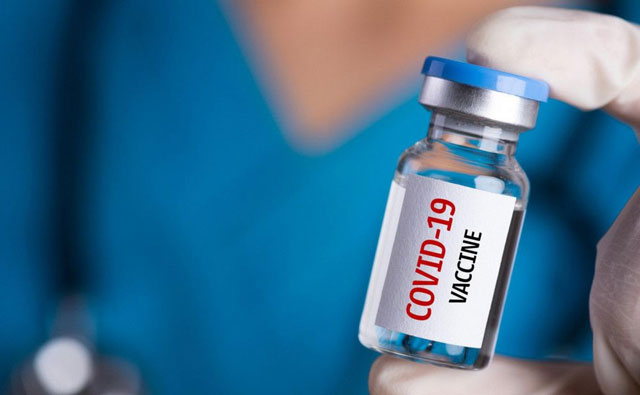
Kampala, Uganda | THE INDEPENDENT | Researchers at the University of Oxford have reported that the risk of the rare blood clotting known as cerebral venous thrombosis (CVT) following COVID-19 infection is around 100 times greater than normal, several times higher than it is after vaccination or following influenza.
The study authors led by Professor Paul Harrison and Dr Maxime Taquet from Oxford University’s Department of Psychiatry counted the number of CVT cases diagnosed in the two weeks following diagnosis of COVID-19, or after the first dose of a vaccine. They then compared these to calculated incidences of CVT following influenza, and the background level in the general population.
They report that CVT is more common after COVID-19 than in any of the comparison groups, with 30 per cent of these cases occurring in people aged under 30. Compared to the current COVID-19 vaccines, this risk is between 8-10 times higher.
“There are concerns about possible associations between vaccines, and CVT, causing governments and regulators to restrict the use of certain vaccines. Yet, one key question remained unknown. What is the risk of CVT following a diagnosis of COVID-19?” Harrison said in a statement shared along with the study results in which the researchers analyzed over 500,000 patients confirmed for COVID-19. They now estimate, in every million patients, 39 developed CVT.
The researchers studied two types of vaccines; the messenger RNA type where they analysed the Pfizer/ BIoNTech vaccine and Moderna, and the adenovector type of vaccine where the widely used Oxford – AstraZeneca vaccine falls. In the first type where they analysed over 480,000 people, they found that CVT occurred in only four in a million people and in the second type the clotting was reported to occur in about five in a million people after the first dose of the vaccine.
The scientists concluded that in the Messenger RNA, the risk of CVT from COVID-19 infection is about 10 times greater and yet in the AstraZeneca vaccine, the risk is about 8 times greater.
“We’ve reached two important conclusions. Firstly, COVID-19 markedly increases the risk of CVT, adding to the list of blood clotting problems this infection causes. Secondly, the COVID-19 risk is higher than we see with the current vaccines, even for those under 30; something that should be taken into account when considering the balances between risks and benefits for vaccination”.
However, the scientists warn that this data should be interpreted cautiously, especially since the data on the Oxford-AstraZeneca vaccine came from the European Medicines Agency monitoring. But, they confirm the signals that COVID-19 is linked to CVT, as well as portal vein thrombosis, a clotting disorder of the liver is clear and one that regulators should take note of.
This data comes after two separate concerns of clotting associated with COVID-19 vaccination with the most recent being with the Johnson and Johnson vaccine in the US where regulators called for a halt following the discovery of rare blood clots in six women who had recently been vaccinated.
*******
URN
 The Independent Uganda: You get the Truth we Pay the Price
The Independent Uganda: You get the Truth we Pay the Price



